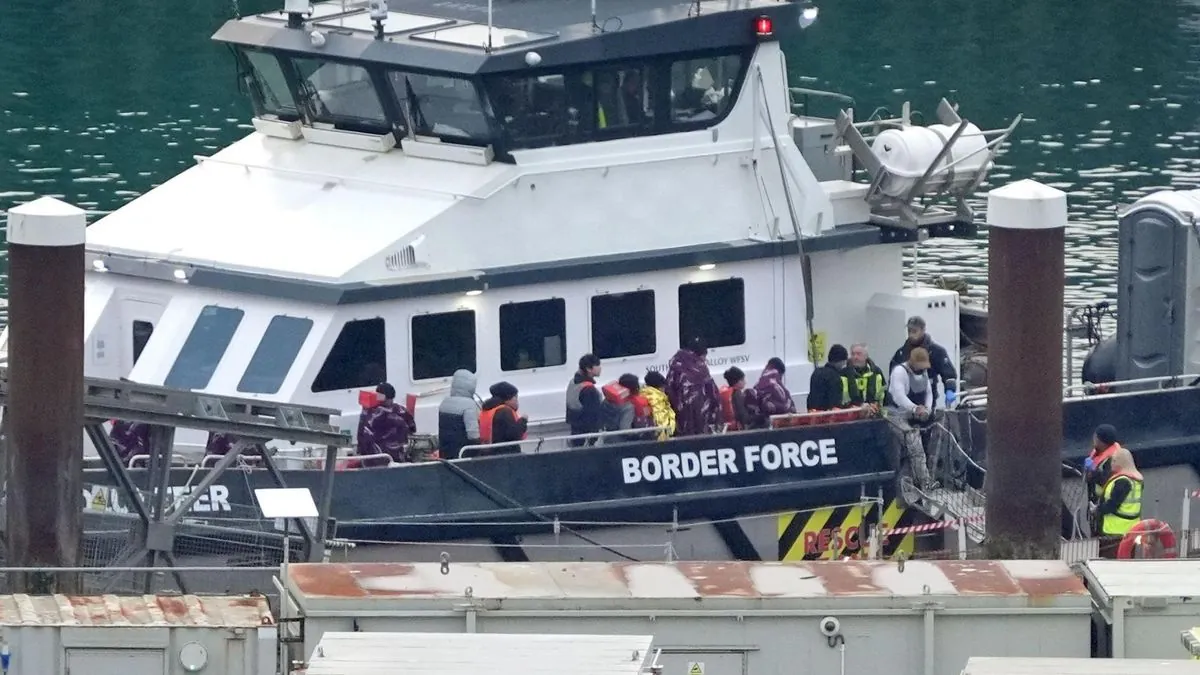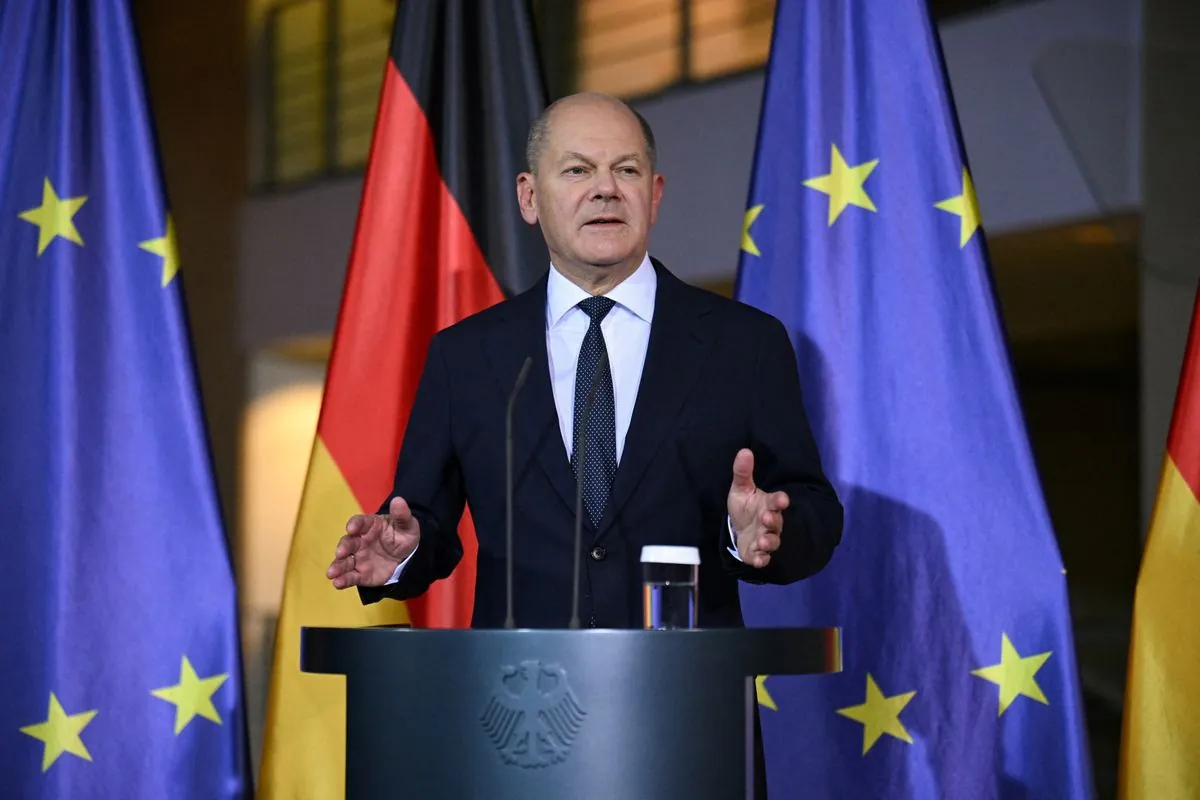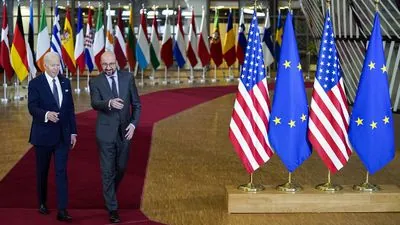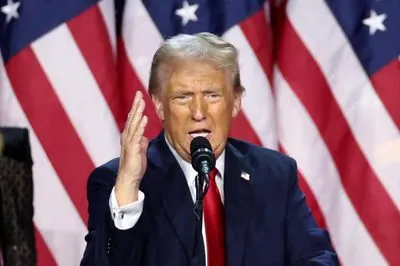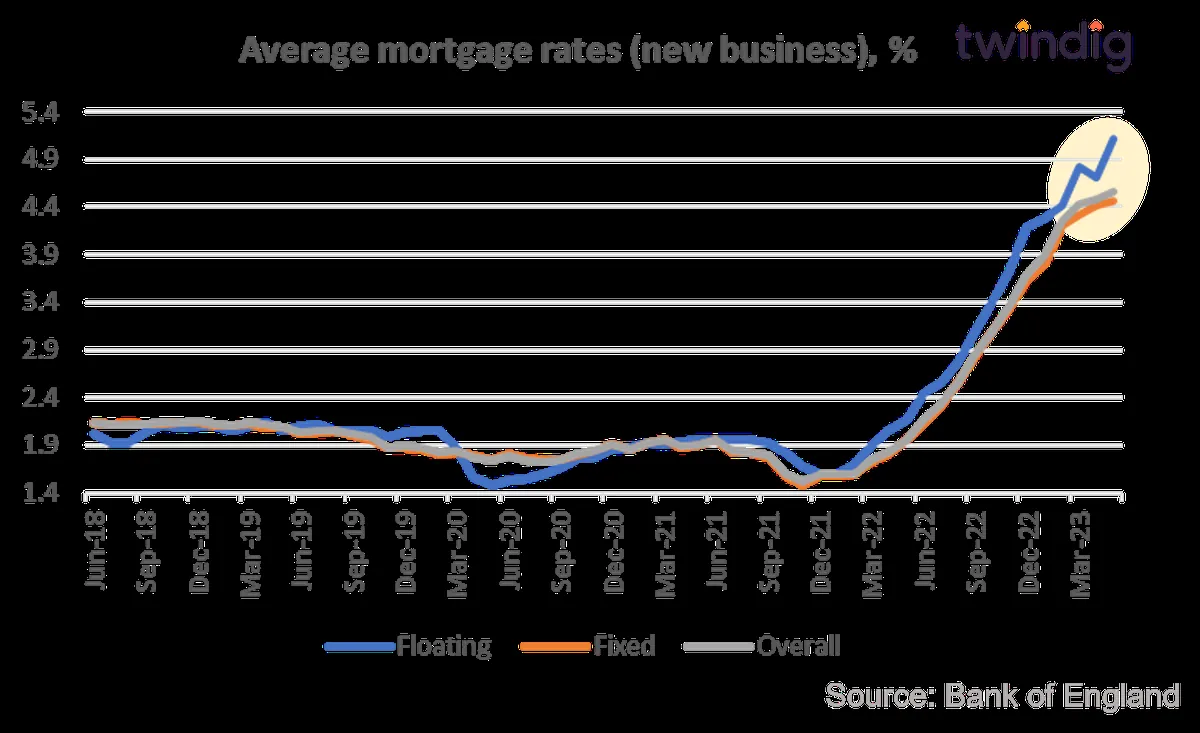Slovakia
Slovakia, officially the Slovak Republic, is a landlocked country in Central Europe. It is bordered by Poland to the north, Ukraine to the east, Hungary to the south, Austria to the west, and the Czech Republic to the northwest. Slovakia's mostly mountainous territory spans about 49,000 square kilometres (19,000 sq mi), hosting a population exceeding 5.4 million. The capital and largest city is Bratislava, while the second largest city is Košice.
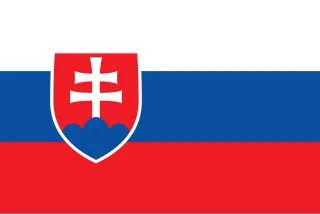
Some of the key events about Slovakia
- 863The first Christian mission from Constantinople arrived in the region, introducing Christianity and the Glagolitic alphabet
- 1918Slovakia became part of the newly formed Czechoslovakia after the dissolution of Austria-Hungary
- 1939The first Slovak Republic was established as a client state of Nazi Germany
- 1939Slovakia became a puppet state of Nazi Germany during World War II
- 1944The Slovak National Uprising against Nazi occupation began, marking a significant resistance movement
- 1944Nazi forces occupied Slovakia and suppressed the Slovak National Uprising
- 1948Communist Party seized power, leading to four decades of communist rule
- 1968The Prague Spring reforms brought a period of political liberalization to Czechoslovakia, including Slovakia
- 1968Warsaw Pact troops invaded Czechoslovakia, crushing the Prague Spring reforms
- 1969Czechoslovakia was turned into a federation, limiting Slovak autonomy
- 1977Construction began on the controversial Gabčíkovo–Nagymaros Dams project, causing environmental concerns
- 1989The Velvet Revolution peacefully ended communist rule in Czechoslovakia
- 1991Economic reforms led to a sharp rise in unemployment and inflation
- 1993Slovakia gained independence as a sovereign state following the peaceful dissolution of Czechoslovakia
- 1998Slovakia was criticized for slow progress in democratic reforms and excluded from first wave of NATO expansion
- 2004Slovakia joined the European Union, marking a significant step in its integration with Western Europe
- 2006A controversial language law was passed, straining relations with Hungary
- 2009Slovakia adopted the Euro as its official currency, joining the Eurozone
- 2018The murder of an investigative journalist sparked the largest protests since the Velvet Revolution
- 2019Zuzana Čaputová was elected as the first female president of Slovakia
Disclaimer: This material is written based on information taken from open sources, including Wikipedia, news media, podcasts, and other public sources.
